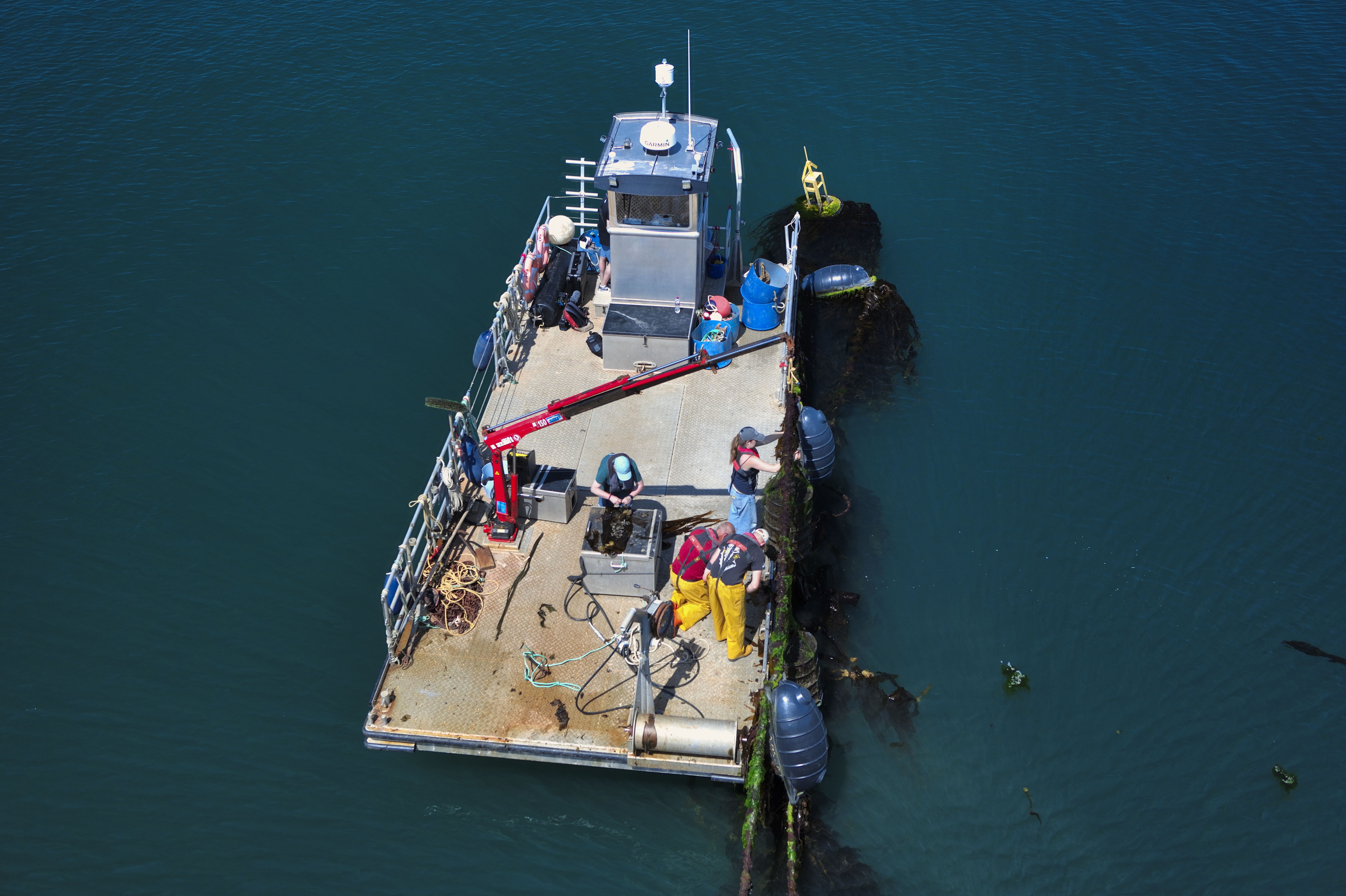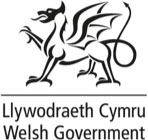A new national mapping report published today by Cwmpas and the Social Enterprise Stakeholder Group has revealed that Wales’ social enterprise sector continues to grow in strength, scale, and impact, with over 3,100 social businesses now active across the nation, contributing up to £5.7 billion to the Welsh economy each year and delivering essential services for people and communities.
The Social Business Mapping 2025 report provides the most comprehensive picture to date of the sector’s contribution to Wales’ economy and communities. It finds that the number of social businesses has risen by 13% since 2022 and that collectively, these organisations employ between 57,000 and 68,000 people, supported by a further 59,000–64,000 volunteers.
This year’s data also shows a sector deeply embedded in Wales’ communities, with the highest concentration of social enterprises found in areas facing the greatest socio-economic challenges, where they play a vital role in creating local jobs, supporting wellbeing, and building community resilience.
A thriving, values-driven sector with measurable impact
The report paints a picture of a vibrant and diverse movement: from community energy projects to regenerating town centres, delivering essential wellbeing activities to large-scale construction projects – the sector is united by a shared mission to deliver positive change.
Improving health and wellbeing remains the top priority for over 80% of social enterprises, while three quarters are working to strengthen their local communities. Almost half now focus on environmental goals, including tackling climate change and protecting nature.
The Well-being of Future Generations (Wales) Act 2015 continues to be a key influence, influencing how nearly 80% of social enterprises plan and operate. The report also finds that 66% of organisations now view climate action as a high or essential priority, with more than seven in ten having introduced energy efficiency or sustainability measures.
Social enterprises also stand out as fair and inclusive employers:
- 84% pay the Real Living Wage;
- 58% have a woman as their most senior leader;
- 19% have at least one leader with a disability or long-term health condition;
- 80% employ local people living within 10 miles of their workplace.
These figures underline the sector’s unique contribution to fair work, equality, and local economic development – values at the heart of Wales’ future wellbeing economy.
Resilient, innovative and ambitious
Despite a challenging economic climate, the mapping data shows a sector that is confident about its future. Two-thirds of businesses expect profits to increase in the next three years, and most are diversifying their income sources, with a steady shift from grant reliance to earned income.
Clear barriers to growth were identified – accessing grant funding remains the biggest barrier to growth, with marketing capacity and access to finance also noted. Yet the sector remains highly entrepreneurial: almost two-thirds of social enterprises developed new products or services in the last year, and 28% attracted investment to expand.
The sector’s ambitions are matched by its willingness to innovate, with a growing number trading across the UK and adapting their business models to address climate, digital and social challenges.
Championing social impact and sustainability
One great example of a thriving Welsh social enterprise is Down to Earth, winner of the Social Enterprise of the Year Award at the 2025 Social Business Wales Awards. Mark McKenna, co-founder and CEO, said:
“Down to Earth is tackling some of the biggest environmental challenges of our time through co-designing and co-creating homes, schools, and hospitals using only nature-centred design and materials.
“Over the last 12 months we’ve worked with over 1,800 participants from at risk and marginalised backgrounds to deliver health care and education programmes, and to create remarkable changes in their lives and the communities around them.
“We were over the moon to be shortlisted for the Social Business Wales awards – and we’re incredibly proud to win Social Enterprise of the Year. Hopefully, this recognition will enable us to do more work and have even greater impact in the future.”
A strategic sector ready to deliver more
With the mapping data providing a detailed evidence base, the social enterprise movement in Wales, through the Social Enterprise Stakeholder Group, has set out a clear, united vision for the future. Its priorities for the next Welsh Government include:
- Expanded specialist business support tailored to the social enterprise model
- Investment in proactive market development
- the continuation and expansion of dedicated funding streams that reflect the blended financial models of social businesses
- for procurement reform to embed community wealth building and social value across the public sector
- a Community Ownership and Empowerment Act to give communities the right resources to protect and take over local assets, from pubs and shops to green spaces
- Social enterprise education to be embedded in our schools, colleges and universities to foster the next generation of Welsh social entrepreneurs
Bethan Webber, Chief Executive of Cwmpas, said:
“This new mapping report paints a vivid picture of a thriving, ambitious, and impactful movement that is helping to build a fairer, greener Wales.
Social enterprises are delivering essential services, creating good jobs, tackling climate change, and keeping wealth rooted in communities across the nation. They show what can be achieved when business is driven by purpose, not just profit.
At Cwmpas, we’re proud to work alongside this incredible sector, bringing our passion, expertise, and partnerships to help it go further and faster. With the right support from the next Welsh Government, we can unlock even greater potential and make Wales the best place in the world to start and grow a social enterprise.”










